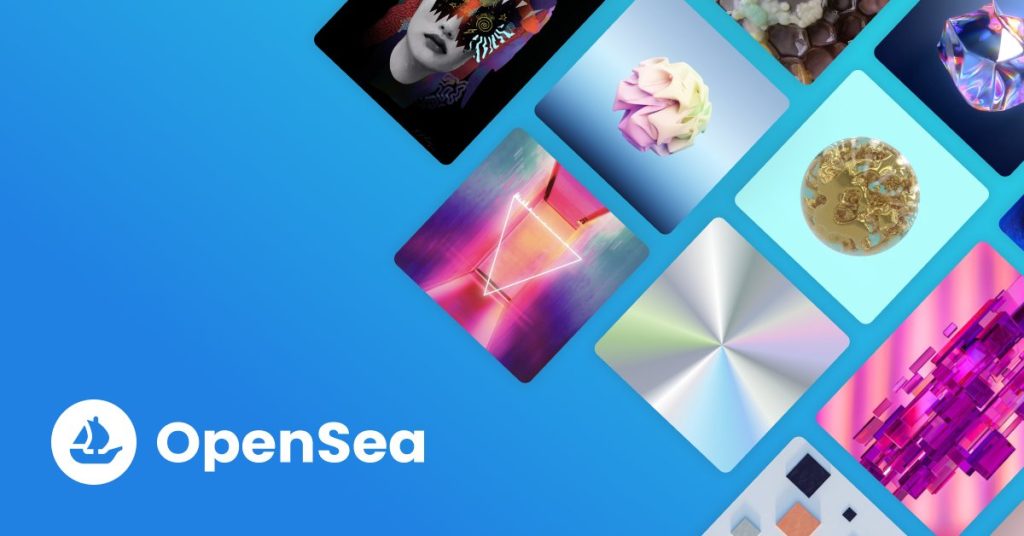The landscape of NFTs has provided a promising revenue stream for artists through resale royalties. However, recent announcements from major NFT marketplace OpenSea are reshaping artists’ compensation in the NFT ecosystem.
Quick Takes:
- OpenSea has disclosed plans to stop imposing creator royalty fees on the resale of NFTs.
- The company will implement the changes for all new NFTs on August 31st.
- OpenSea’s step is towards empowering innovation in the NFT marketplace.

OpenSea Royalty Is Now an Optional Creator Royalty Fee
In a significant pivot, OpenSea has revealed plans to remove the creator’s royalty fees on secondary sales of NFTs. The changes will take effect on August 31 and will impact both artists and teams that previously earned passive income from resales.
The current practice is to add a creator fee ranging from 2.5% to 10% to secondary NFT sales. Now, OpenSea’s new approach will allow artists to specify their preferred creator fee, turning it into an optional tip that buyers can choose to contribute.
Additionally, this decision has come as a response to the evolving competitive landscape within the NFT industry. Also, OpenSea earlier committed to enforcing creator royalties to support artists and their work, but is now reconsidering this commitment.
OpenSea Royalty: Reactions and Implications
Several reactions have emerged as OpenSea moves away from the mandatory enforcement of creator royalties. Moreover, the decision signals a broader shift in the NFT marketplace and reflects the challenges faced by platforms to balance artist protection.
Furthermore, critics within the NFT community argue that this transition undermines the relationship between buyers and artists. Besides, some even view this as compromising the financial sustainability of artists.
OpenSea’s elimination of enforced creator fees shows the company’s recent struggles. On top of that, Blur has overtaken OpenSea as the top NFT trading platform. This has resulted in OpenSea pushing to reduce royalty fee protections to remain competitive. Also, creators have tweeted, emphasizing the rights of the creators.
On the other hand, OpenSea’s CEO, Devin Finzer, says, this change is a step towards empowering innovation and adaptability. Furthermore, he acknowledges the limitations of the previous model’s enforcement and encourages creators to try out alternative strategies. This perspective is committed to fostering a diverse range of revenue streams and creative possibilities.
Subscribe to the NFT Lately newsletter to receive news covering the latest NFT-related drops, releases, reviews, and more.



